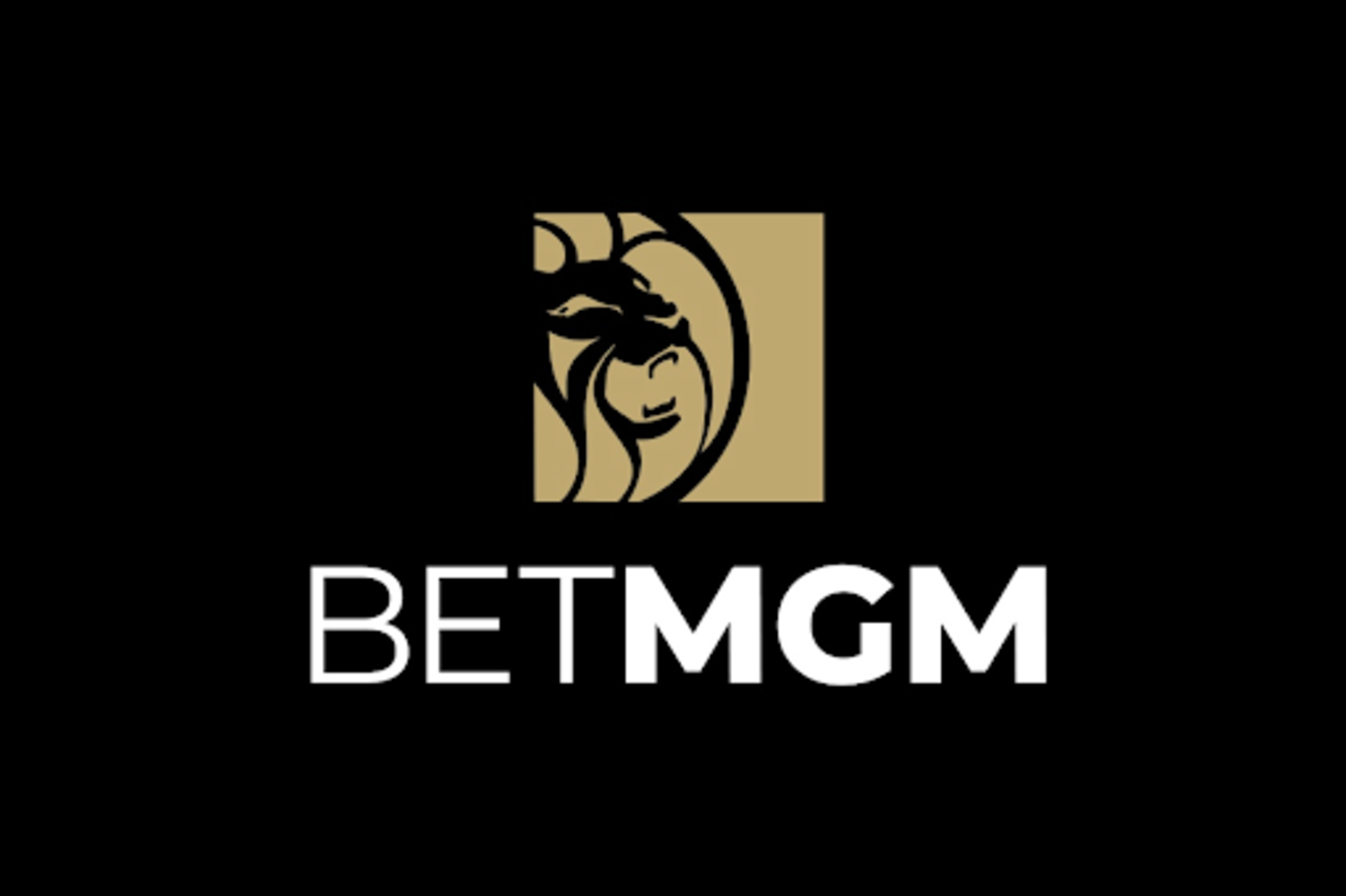RG Marketing Campaign Confirmed By BetMGM In Wake Of Ad Ban Across The US
BetMGM leads the way in bringing the Responsible Gambling message across to people in both the US and Canada.
Author:Alberto ThompsonReviewer:Gordon DickersonMar 10, 20233.8K Shares152K Views

Responsible Gaming is everyone’s responsibility. It’s up to operators, players, and regulators to ensure that gambling harm is minimised as best as possible, particularly when the online betting culture is exploding worldwide. And for companies operating in countries, states, and provinces where regulations are always tightening and shifting, it pays to stay on the side of regulators. Perhaps this is the reasoning behind BetMGM’s latest advertising campaigns, which launched on March 1st.
With March being ‘Problem Gambling Awareness Month’, this campaign will complement the promotion of responsible gambling and how to identify addictive tendencies. BetMGM will be promoting responsible gambling through various mediums, from print to radio as well as television and billboard marketing. Apart from US players, this campaign will also be targeting their Canadian neighbors, who equally love this pastime, particularly if there are prospects of CA no deposit bonusesup for grabs.
BetMGM on the leading edge of Responsible Gambling marketing
BetMGM is putting the Responsible Gambling message to the forefront across all their marketing efforts, from billboards to television and radio spots, all across print, as well as their digital and social channels. It’s a significant change to roll out across every touchpoint, but it’s causing a stir in the industry, as regulators give a nod to the company for leading the pack in promoting Responsible Gambling.
The messaging goes live in both the US and Canada, as the company cements itself as a titan of the market. BetMGM is a combination of MGM Resorts and Entain, which come together to provide 360-degree land-based and online sports betting and casino services. The BetMGM brand offers casinos based on Entain’s tech that include Party Poker and Borgata Casino, among others.
GameSense and BetMGM
GameSense is a responsible gambling program that was developed by the British Columbia Lottery Corporation and then licensed for use by BetMGM as well as MGM Resorts. While the corporation is a Canadian operation, its GameSense program extends to a broader audience with its US-based efforts, too.
The latest from MGM and GameSense is a renewal of their contract for five years, to serve the focus of helping players to gamble more responsibly. The two have been in partnership since 2017.
On the MGM Resorts website, you can see some of the extents of what GameSense does, providing advice on the differences between skill-based and chance-based games, how odds and randomness work in casino land, an extensive guide to slots, and gambling myths. Some of the more interesting gambling myths featured by GameSense include
- MYTH - That if a slot machine hasn’t paid out all evening, you’re due for a win
- MYTH - That if a number in roulette has been called several times in a row it won’t be called again
- MYTH - Blowing on dice or crossing your fingers makes it more likely to win
Gambling ad ban in the US?
Paul Tonko, a New York Congressman introduced new legislation to ban all electronic advertising of sports gambling across the United States. Dubbed the Betting on our Future Act, the act seeks to “prohibit the advertising of sportsbooks on any medium of electronic communication subject to the jurisdiction of the Federal Communications.”
While it’s only proposed legislation so far, and no voting on the legislation has taken place to date, it’s still sending chills through the industry, with operators and associates going hard instead on their promises to minimise gambling harm. The American Gaming Association Senior Vice President Chris Cylke announced that their organization and their members were completely opposed to the proposed blanket ban.
Presently, gambling regulations are the responsibility of the states, after the repeal of a ban on sports betting just a few short years ago. Now, it is up to each state individually to decide whether they wish to conduct betting operations within their jurisdictions.
Tonko is known for being a highly progressive Democrat, with a focus on Energy, Healthcare, and the Environment. This new proposed legislation was introduced to tackle “predatory advertisements” in the industry, including university and college partnerships with sports betting companies and younger gamblers being the fastest growing age group in newly released statistics.
It seems unlikely that the Act will get over the line in Congress. As sportsbook operations themselves are governed at the state level, it is far more likely that advertising laws will be left up to the states to dish out, too. State agencies can look to the best models in the world for regulating the space and its advertising; there is no need to reinvent the wheel. States may also learn from examples within the country; picking up the parts of legislation they like from other states to bring together a set of laws that best reflect the values of their constituents.

Alberto Thompson
Author
Alberto Thompson is an acclaimed journalist, sports enthusiast, and economics aficionado renowned for his expertise and trustworthiness. Holding a Bachelor's degree in Journalism and Economics from Columbia University, Alberto brings over 15 years of media experience to his work, delivering insights that are both deep and accurate.
Outside of his professional pursuits, Alberto enjoys exploring the outdoors, indulging in sports, and immersing himself in literature. His dedication to providing informed perspectives and fostering meaningful discourse underscores his passion for journalism, sports, and economics. Alberto Thompson continues to make a significant impact in these fields, leaving an indelible mark through his commitment and expertise.

Gordon Dickerson
Reviewer
Gordon Dickerson, a visionary in Crypto, NFT, and Web3, brings over 10 years of expertise in blockchain technology.
With a Bachelor's in Computer Science from MIT and a Master's from Stanford, Gordon's strategic leadership has been instrumental in shaping global blockchain adoption. His commitment to inclusivity fosters a diverse ecosystem.
In his spare time, Gordon enjoys gourmet cooking, cycling, stargazing as an amateur astronomer, and exploring non-fiction literature.
His blend of expertise, credibility, and genuine passion for innovation makes him a trusted authority in decentralized technologies, driving impactful change with a personal touch.
Latest Articles
Popular Articles